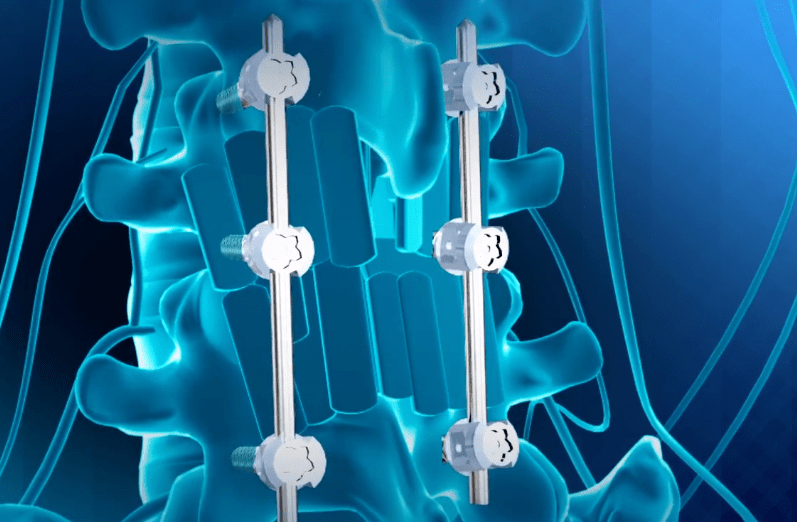Spinal Surgery NYC
Best Spine Surgeons Manhattan

Our spine experts work to provide nonsurgical and minimally-invasive treatments. Our spine specialists use the latest technology and therapies in order to provide effective treatments.
Even after a successful surgical procedure, recovery can take time. It can take several months to heal depending on what kind of surgery you have had. Your ability to move around may be permanently reduced.
Back surgery will almost always be performed under general anesthesia. In addition to the usual risks associated with anesthesia, there are risks associated with the patient lying face down on the surgical table.
Spinal Surgery NYC
